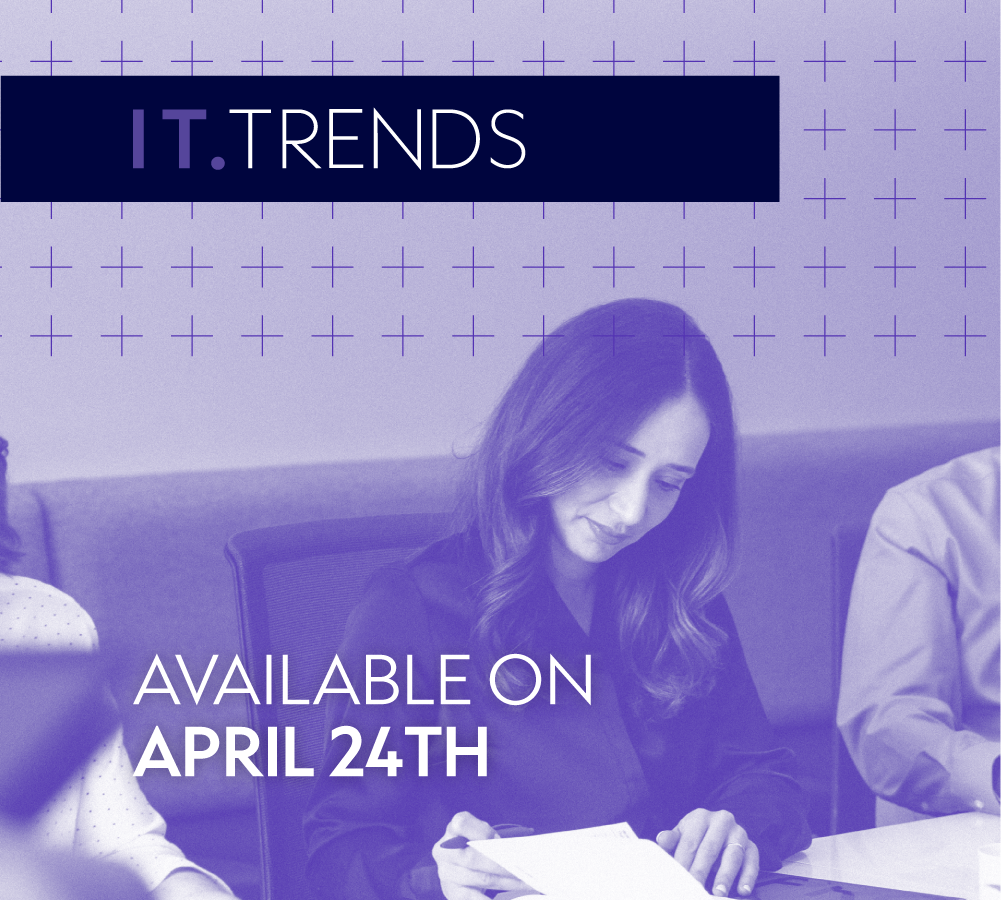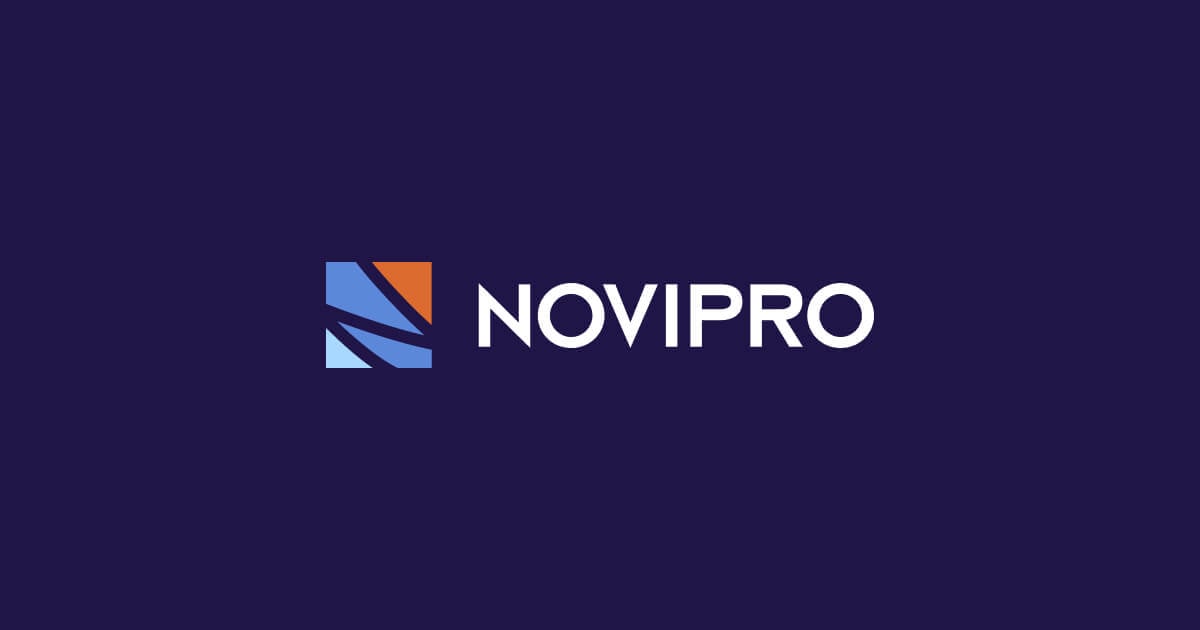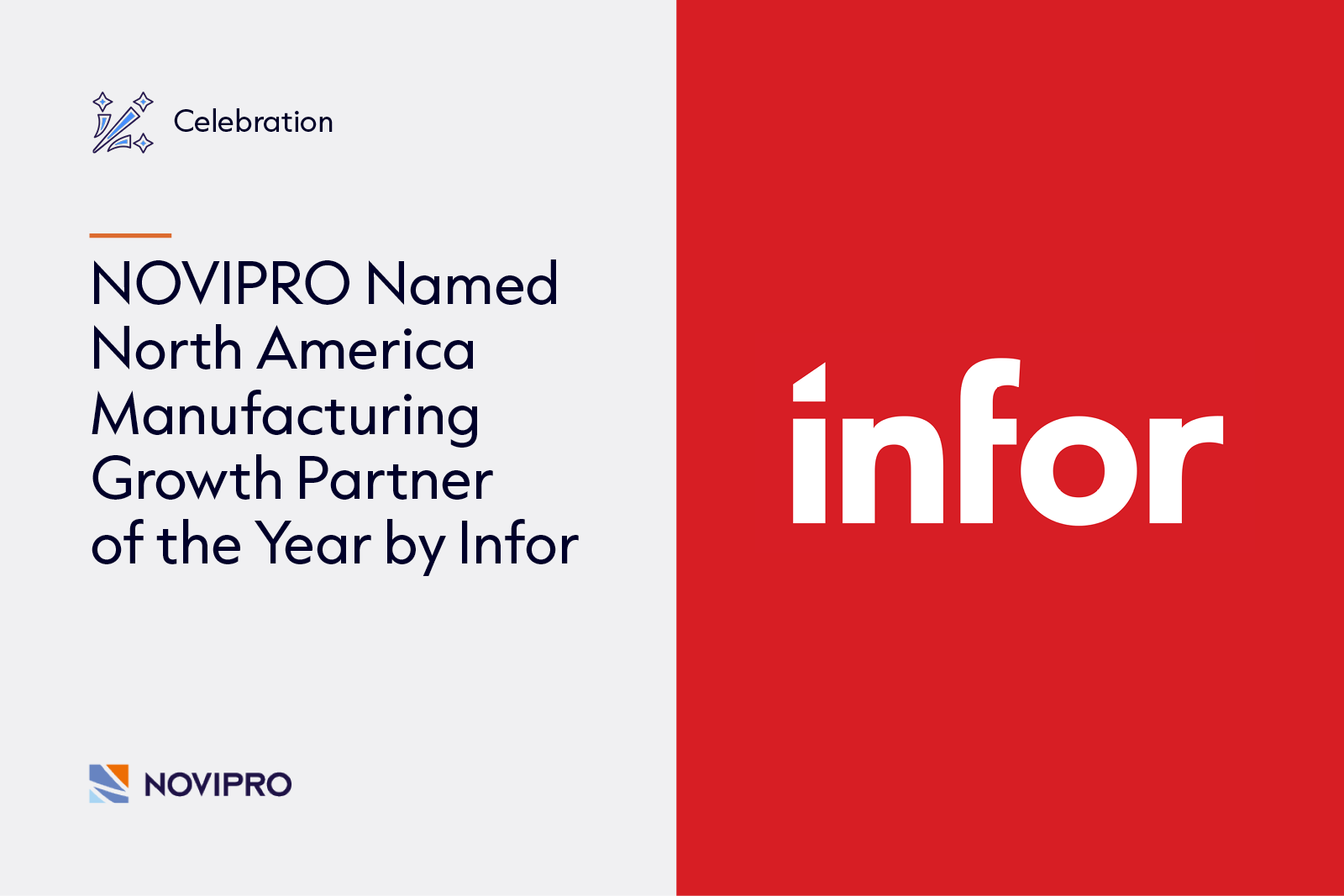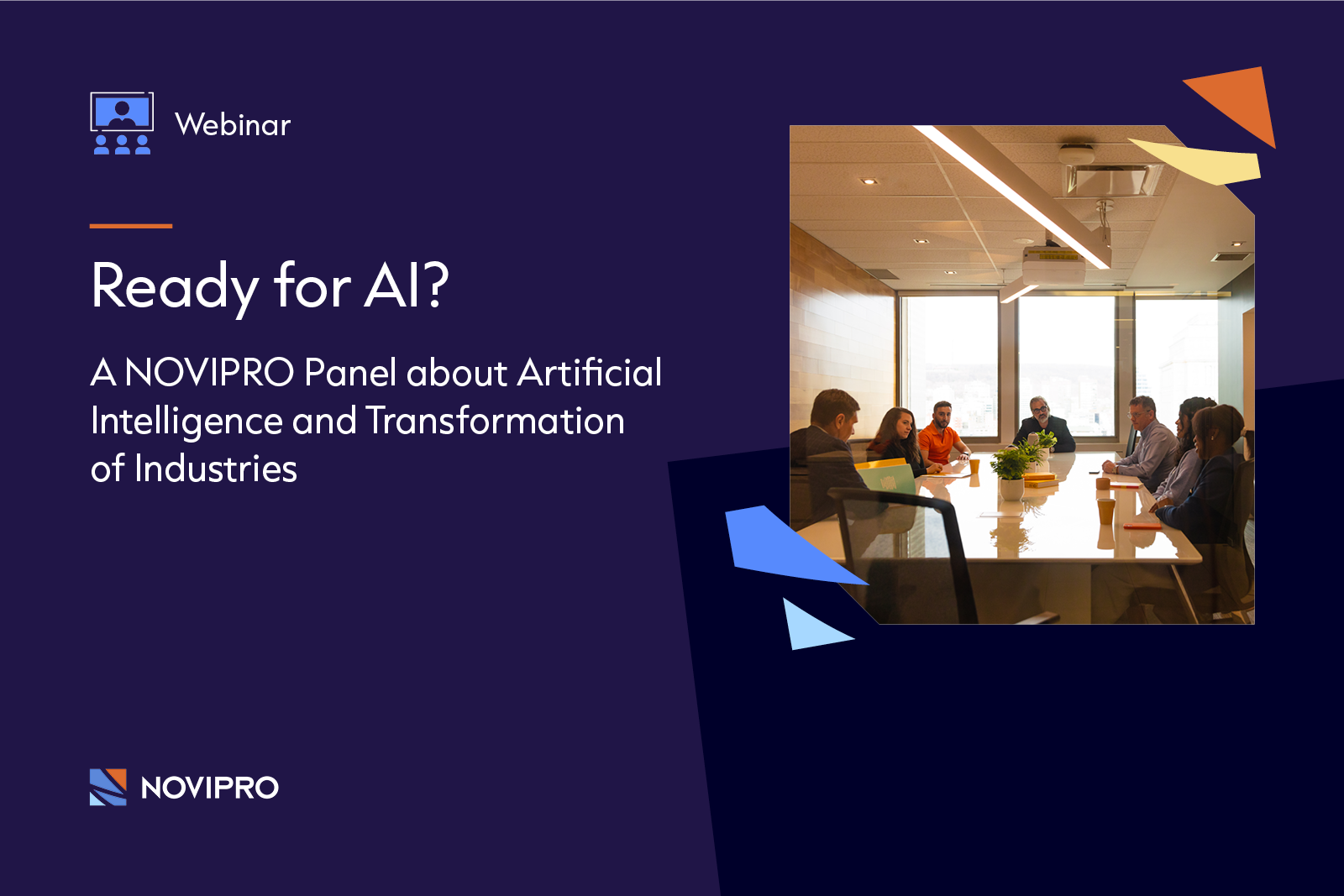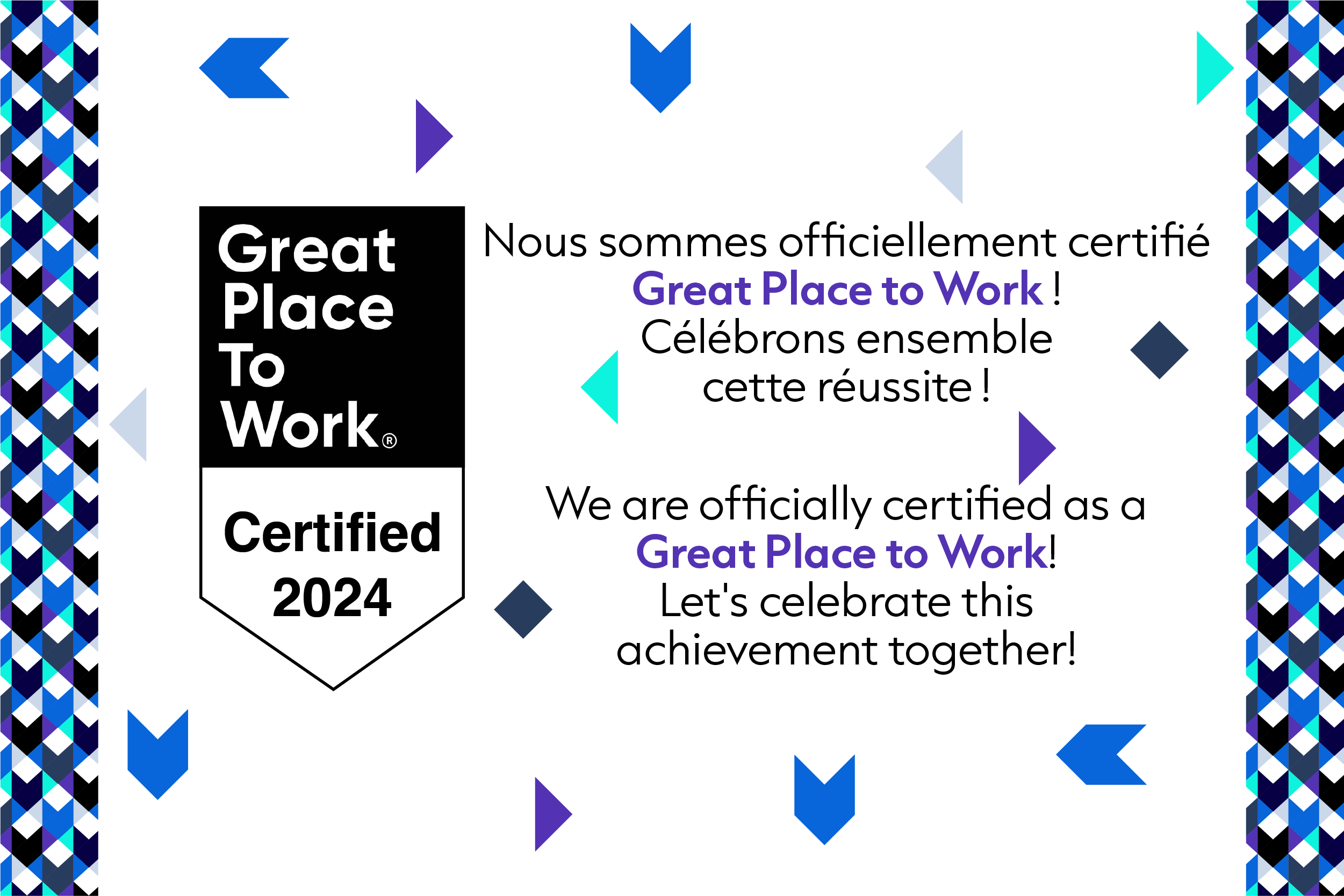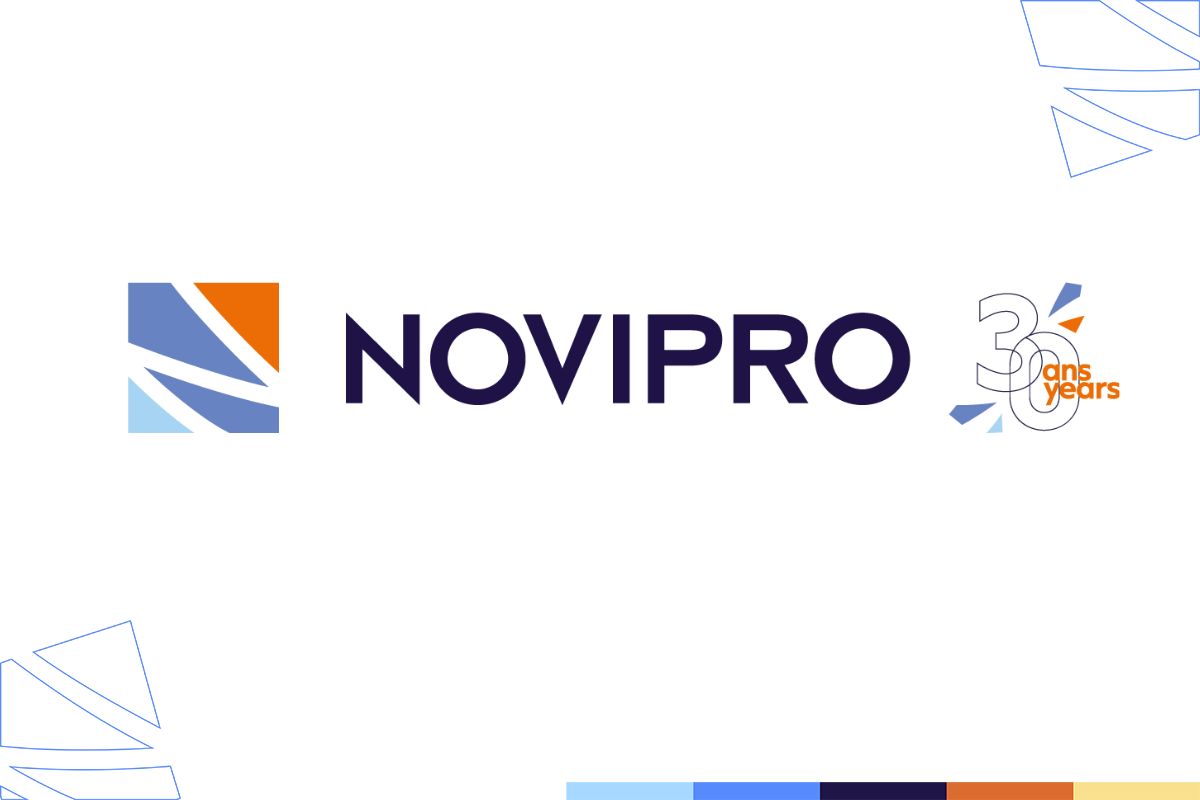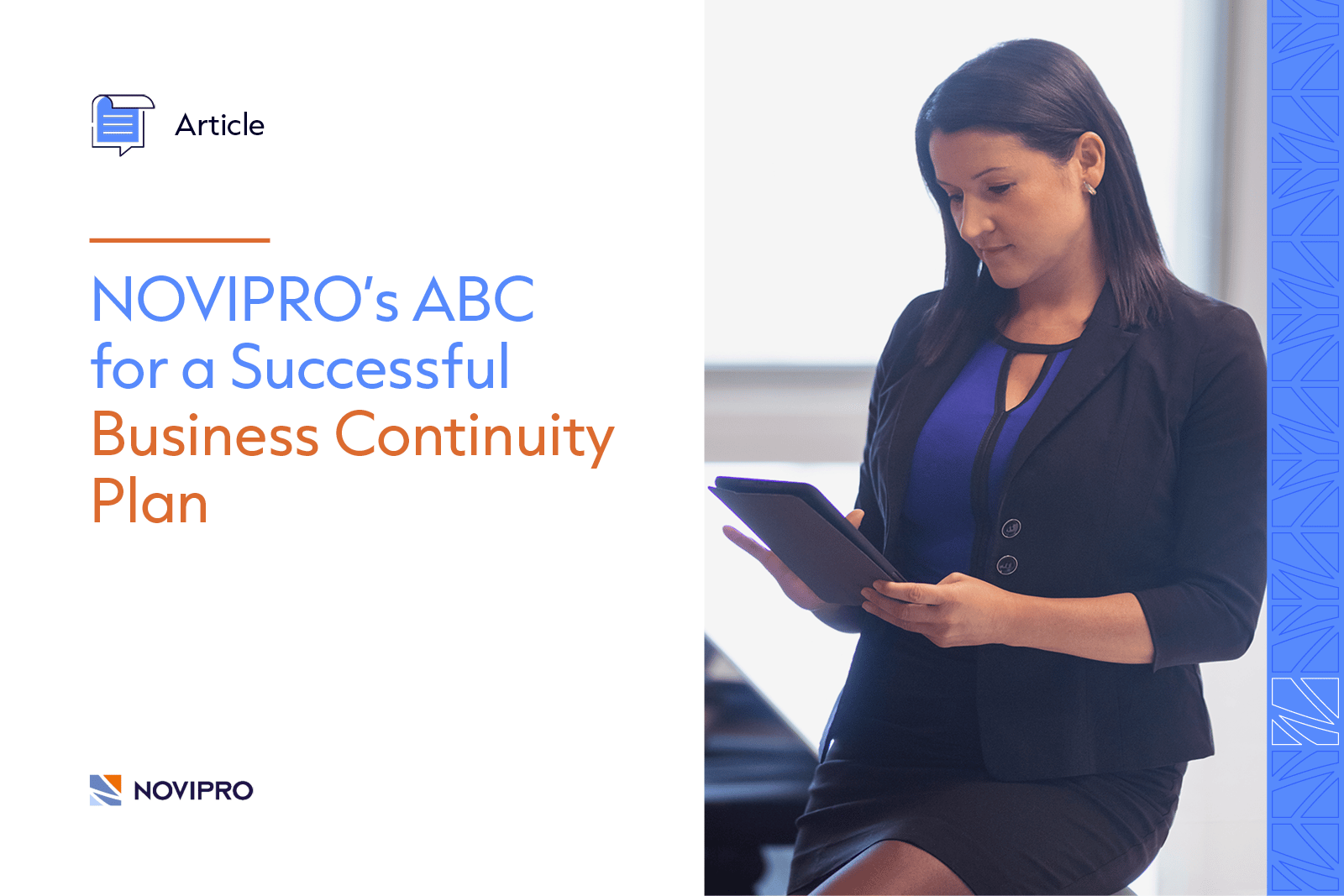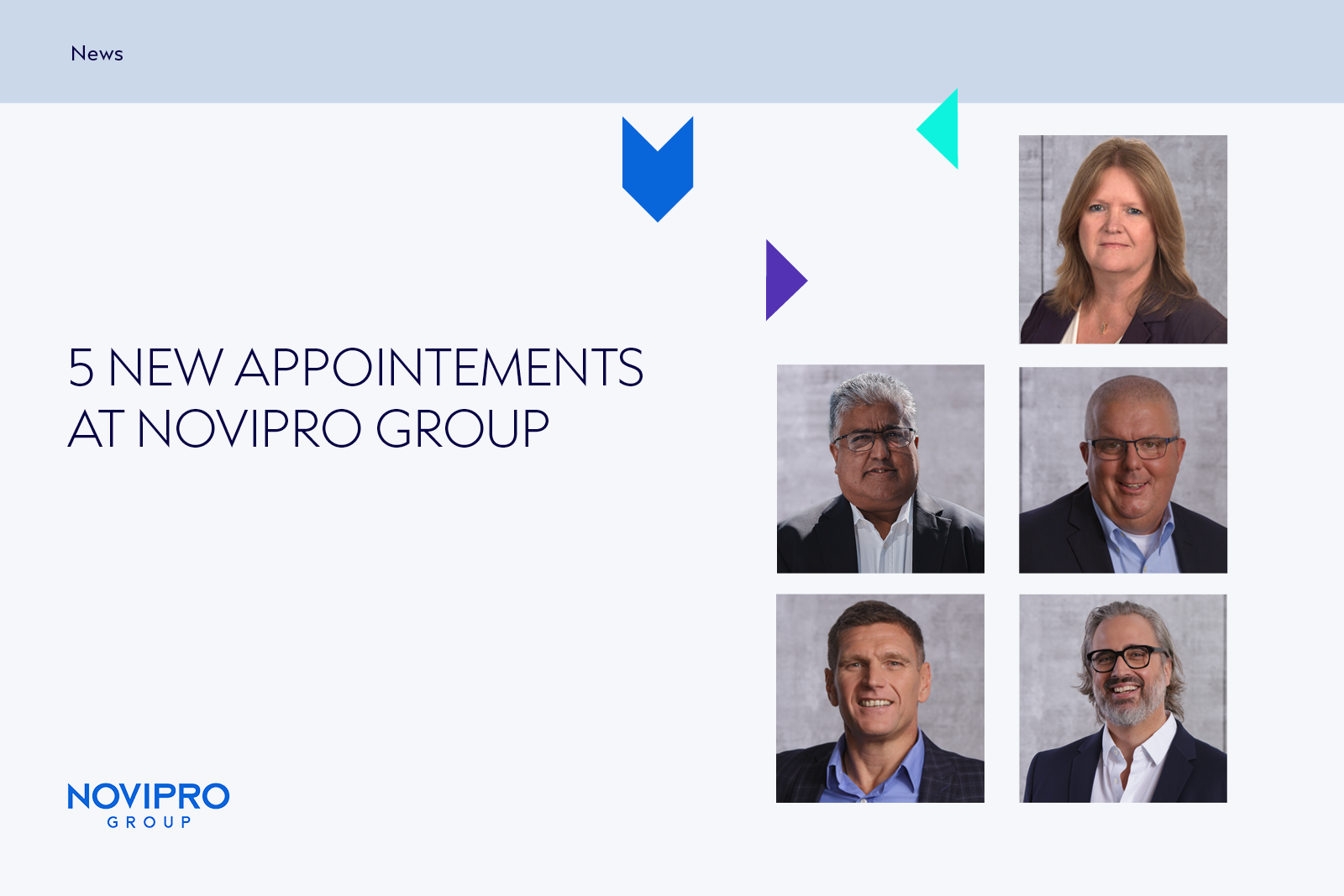Your business is sitting on a goldmine—your employees’ knowledge. This collective memory could be used to help you better serve clients, reduce the risk of error or even to help you adapt to changing markets. But only if you have the means to leverage this information, of course.
Many brains, one head
Michel Dubuc spearheads Aedifica, an architecture, design and engineering firm that operates 3 offices and employs 225 people, including 60 in the United States. “When there were just 25 of us on the team, we could chat about projects around the water cooler. Not anymore. As we grew, I became aware that we needed a system and tools to manage our knowledge.”
With help from NOVIPRO specialists, Aedifica embarked on a major undertaking to replace its various databases and information systems with an integrated knowledge management solution.
“We want to develop user-friendly platform that includes complete information about our projects, such as the number of square feet, duration and cost,” said Dubuc. “We also want to develop measurable performance indicators, as this information will be really valuable for the company.”
By putting all this information in the same place, the firm hopes to establish new correlations between data that, until now, has remained isolated. “Compiling all our employee’s knowledge will make us more efficient and help decrease risk,” explains Dubuc. “Because an agency like ours, which offers several services, needs an effective strategy to centralize project information and make it accessible.”
Innovation starts with knowledge
People often say that a business’ most valuable capital is its people. And it’s true. “But another way to see it,” says Yves Paquette, President and CEO of NOVIPRO, “Is that these people hold knowledge, and their knowledge is data!”
In this digitally driven world, businesses that want to innovate and grow need methods and tools for capturing, documenting and sharing employee knowledge.
All companies, regardless of the industry, stand to benefit from implementing technologies to better capture this knowledge. For instance, let’s suppose that a hotel chain wants to create a database of customer complaints so that it can improve its customer service. The chain could also analyze comments from social media sites, like Facebook, to gain a better understanding of their target customers and update its service offer accordingly. Another example: A financial institution could compile specific data about its personnel to detect which employees have the potential to be future leaders. There are many applications and the potential is incredible.
From coach to visionary
And yet, in a business context, the concept of “knowledge” does not just refer to technical or financial data. It also involves employees’ tacit knowledge—that is, the kinds of things we learn through experience and that are hard to put into words.
Several companies can already foresee the day when their key employees will retire and take with them the invaluable know-how they gained over the years.
Without a knowledge management system, this represents a major loss in capital for the company. Sure, this risk can be countered by asking these seasoned professionals to spend their final years at work coaching the next generation. But this opportunity comes at a significant cost.
Why? Because experienced employees should be investing their time and energy on other pursuits, such as innovation.
“When you set up a knowledge management system that enables up-and-coming employees to learn on their own, you free up your top employees,” says Paquette. “This means that instead of coaching rookies, your star players can find new solutions for the company.”
Genuine benefits
“Our knowledge management platform isn’t purely mechanical,” says Dubuc. “Beyond managing data quickly, one of my goals is to make sure the tool is people-centric. I want it to make our team members feel like they are part of a community.” A company’s success is the sum of its achievements, sound decisions and the specific knowledge of each employee. So for workers, enriching a knowledge management system is a way to contribute to a bigger project for the greater good.
Read the next article of our IT Transformation Series : Testing and selling ideas starts with simulation.
